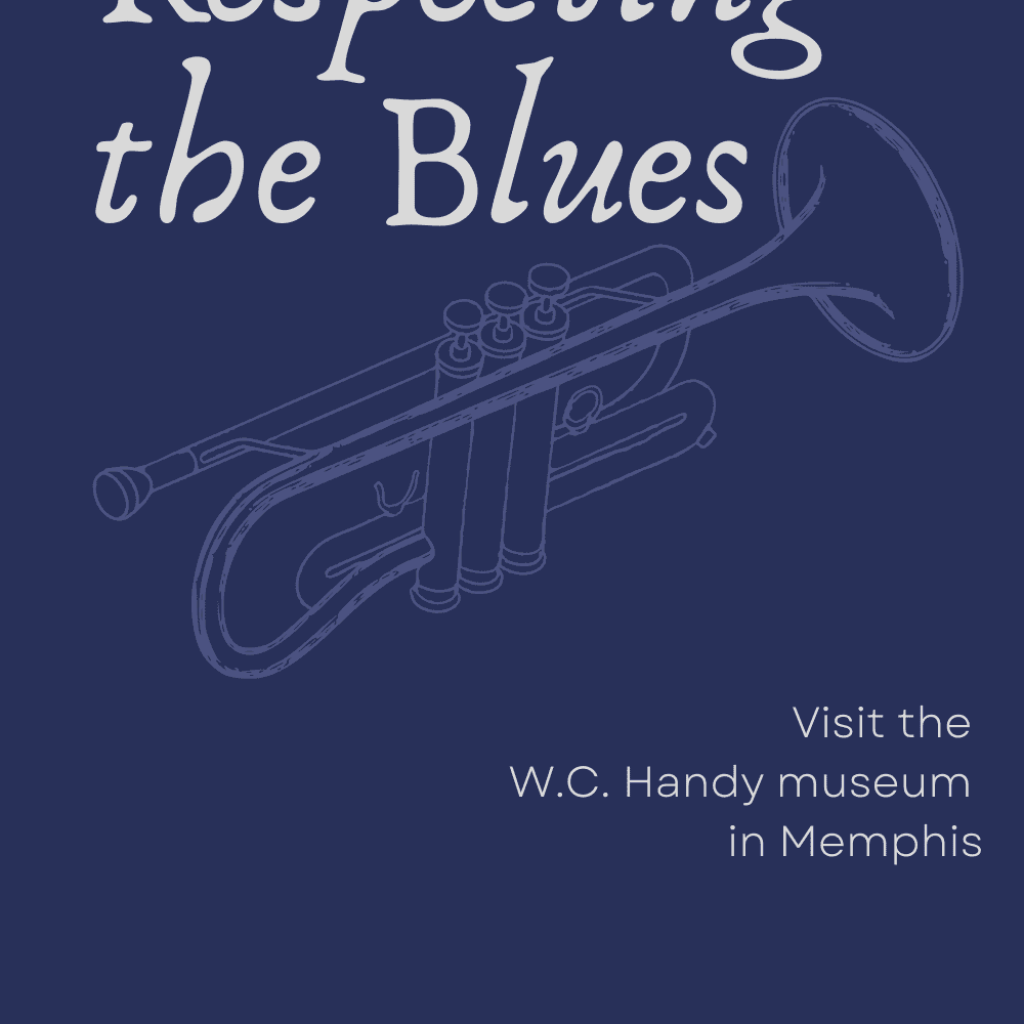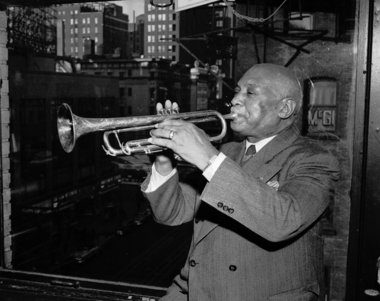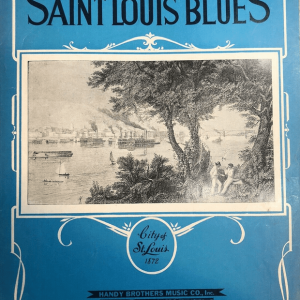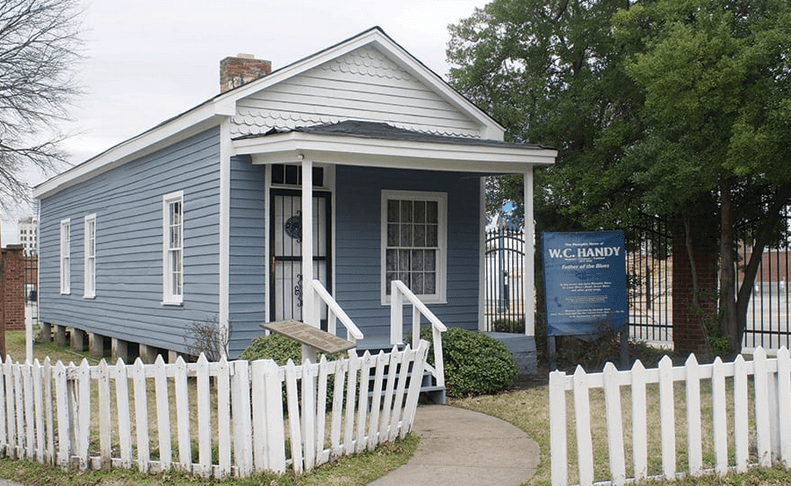
The W.C. Handy Home Museum
Memphis, Tennessee
Unless you are a musical aficionado, you may not know the name W.C. Handy, but you probably have heard his music. He is the soundtrack of the 1920s in many respects and often heard as background tunes in period movies. His music was a blending of old folk music, complex rhythms, and blues, creating an entirely new musical style and one that is entirely American.
William Christopher Handy, or W.C. for short, was born in 1873 in Alabama. His father was a pastor of a small church in a small town who believed that musical instruments were tools of the devil. So how did a boy in a household where music was actively discouraged become such a well loved and influential composer of music? When you are born with a passion for music, there just isn’t an option. Music is part of your soul.
“Life is like a trumpet – if you don’t put anything into it,
you don’t get anything out of it.”
-W.C. Handy
W.C. saved up money by picking berries and nuts and making lye soap as a way to purchase his first guitar. He had seen one in a local shop window and knew he would have to buy it on his own without his parent’s permission. Of course, parents have a way of finding out – and guitars are hard to hide. His father ordered him to take it back, but did arrange for his son to take organ lessons. Well, the organ lessons didn’t last long, but in typical teenage style, did manage to find a way to work music into his life. He learned how to play the cornet and joined a local band, but kept this fact secret from his parents. He spent every free minute practicing when not at home. His job on a shovel brigade at a local furnace company was an opportunity to make music with other workers to help pass the time. The workers would beat their shovels against the hard surfaces in complex rhythms that Handy said were “better to us than the music of a martial drum corps.” This improvisational form of music would be influential to his musical life.
“Southern Negroes sang about everything… They accompany themselves on anything from which they can extract a musical sound or rhythmical effect. In this way and from these materials, they set the mood for what we now call Blues.”
They say that those who can’t do, teach. While that saying isn’t true, but may have been an agreeable compromise between parents and son. W.C. went on to become a teacher at the Teachers Agriculture and Mechanical College, but after a few years, found he could earn more money touring with a minstrel group playing small gigs on Beale Street in Memphis than he could being a teacher.
His love of music became his life. He taught fellow band members how to read music. In addition to playing music full time, he also began publishing music. Beginning with his own popular tunes such as “St. Louis Blues,” the “Memphis Blues,” and “Beale Street Blues” he also published other black musician’s works which might otherwise have been rejected by mainstream publishers. His efforts to publish and promote blues musicians gave him the reputation as the “Father of the Blues” and one of the most influential songwriters in American music. What was once a regional musical style with a limited audience, popularized the genre and opened up the blues to a wider audience.
W.C. Handy might not be one of the first names that comes to mind when you think of American music, but perhaps it should. At the time of his death in 1958, over 25,000 people attended his funeral in Harlem’s Abyssinian Baptist Church and over 150,000 people gathered in the streets near the church to pay their respects. Now that is a well-respected musician!
Visit the W.C. Handy House museum in Memphis and learn more about this influential and life-changing man, whose love for music was his passion. You’ll see the humble home on the corner of Beale Street and 4th St., now the sole survivor in a sea of parking spaces. A docent-led tour will give you more background. If you want to know the blues, you’ve got to remember the name W.C. Handy.
Watch him perform “St. Louis BLues” on the Ed Sullivan Show in 1949.
Discover America’s musical heritage on a trip to Memphis on one of several river cruise options:
Music Cities Cruise-American Splendor
Memphis, TN to Nashville, TN
- 8 Nights
- September 17, 2024,October 8, 2024,October 15, 2024
- From $4,530
- American Splendor
Music Cities Cruise-American Serenade
Memphis, TN to Nashville, TN
- 8 Nights
- October 15, 2024,November 5, 2024
- From $4,840
- American Serenade
Viking-America’s Great River
St Paul to New Orleans
- 14 Nights
- September 14, 2024,October 19, 2024,July 5, 2025--
2 more dates available. - From $12,999
- Viking Mississippi
The Gateways of the Mississippi: New Orleans to St. Louis
New Orleans to St. Louis
- 11 Nights
- September 6, 2024,July 1, 2025
- From $6,245
- American Heritage
Save this story for future reference to Pinterest:






